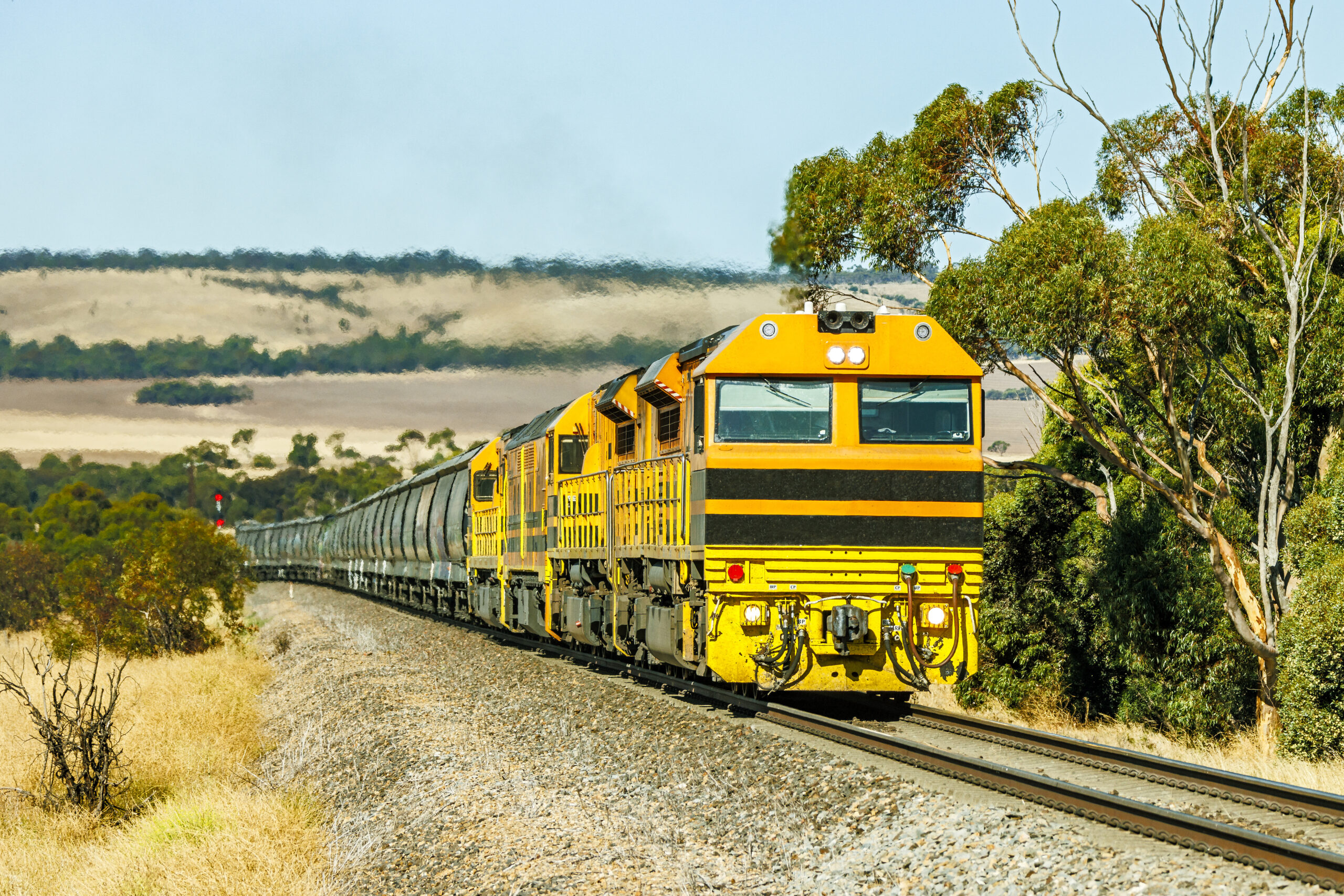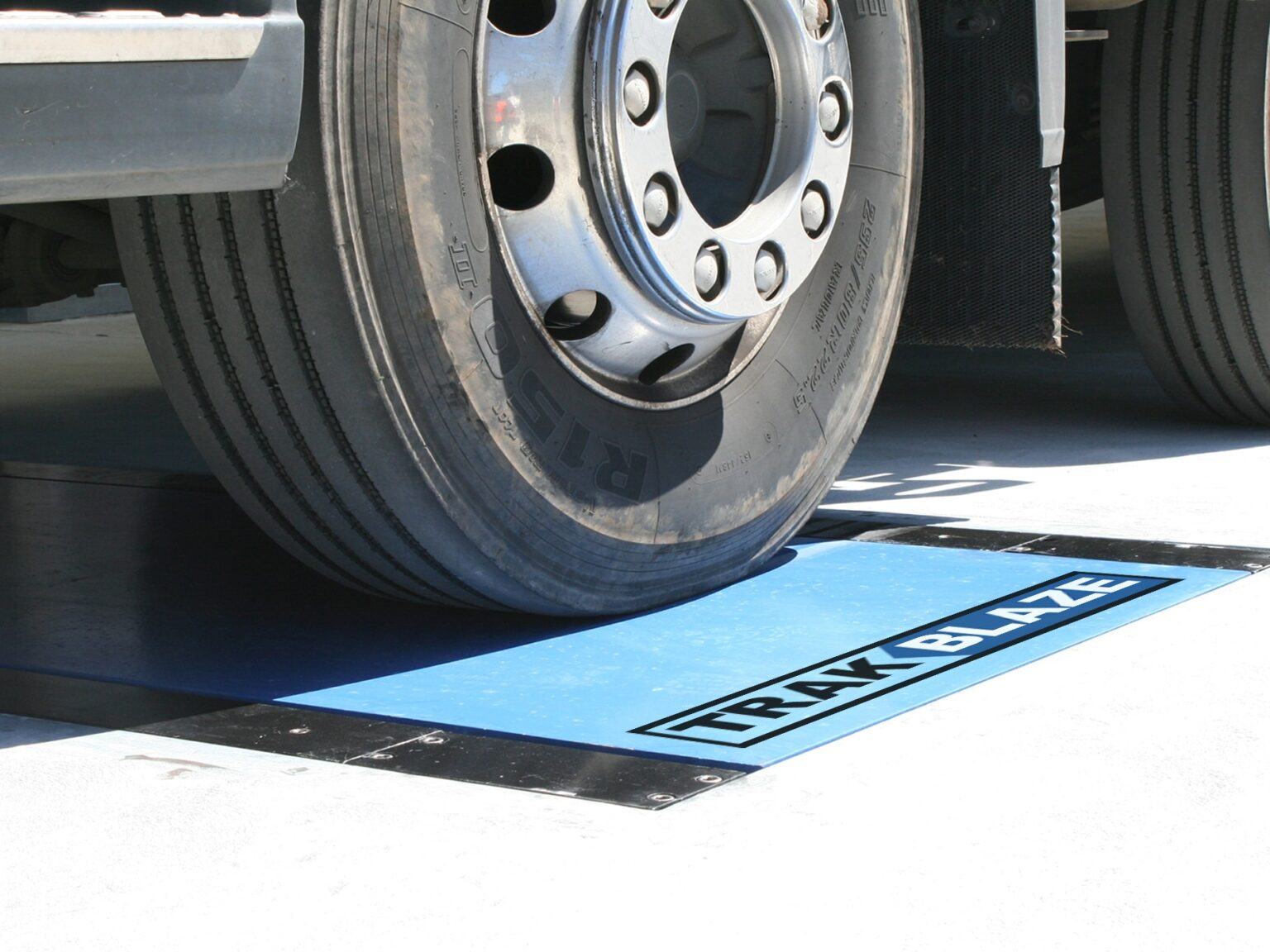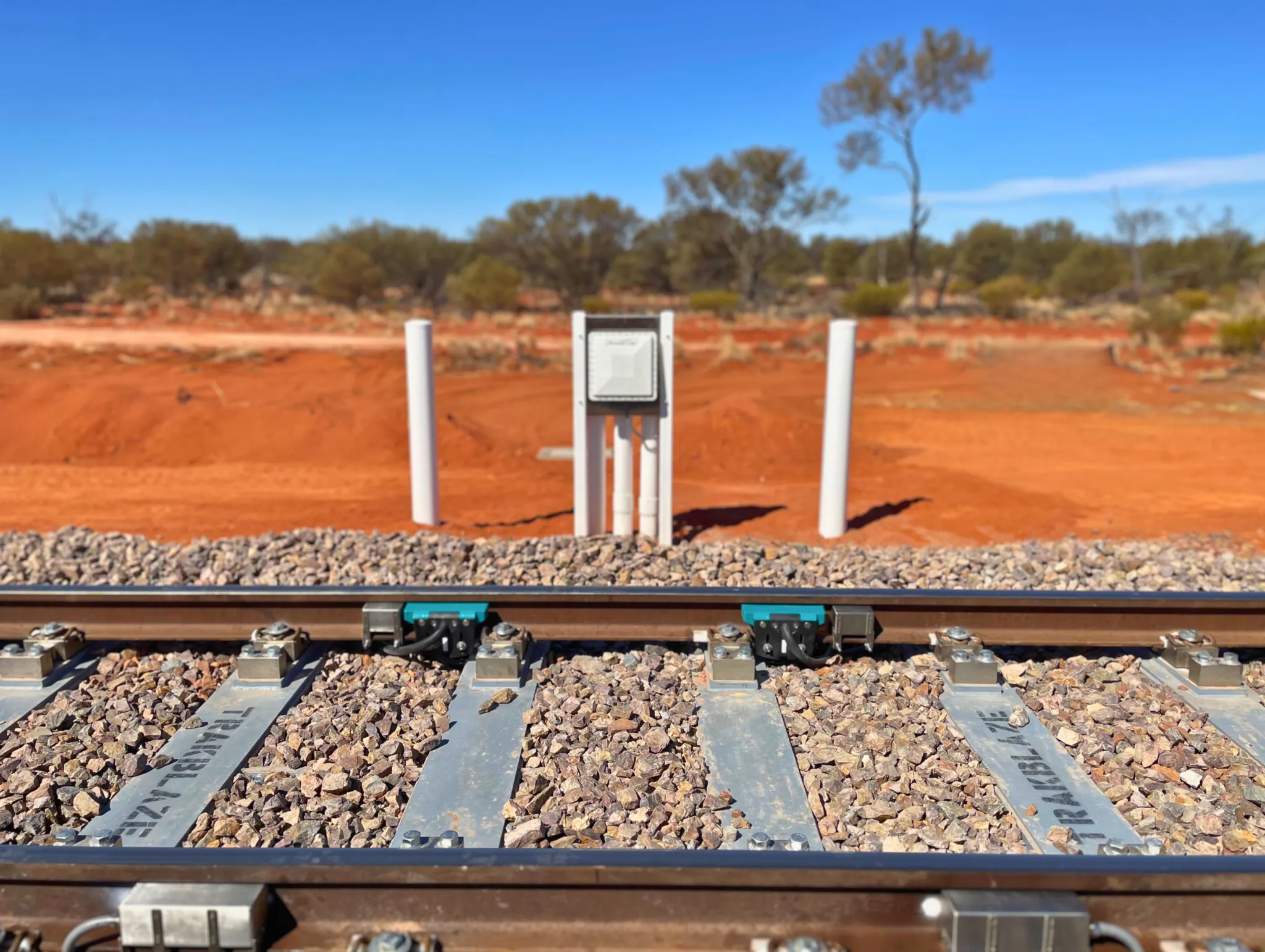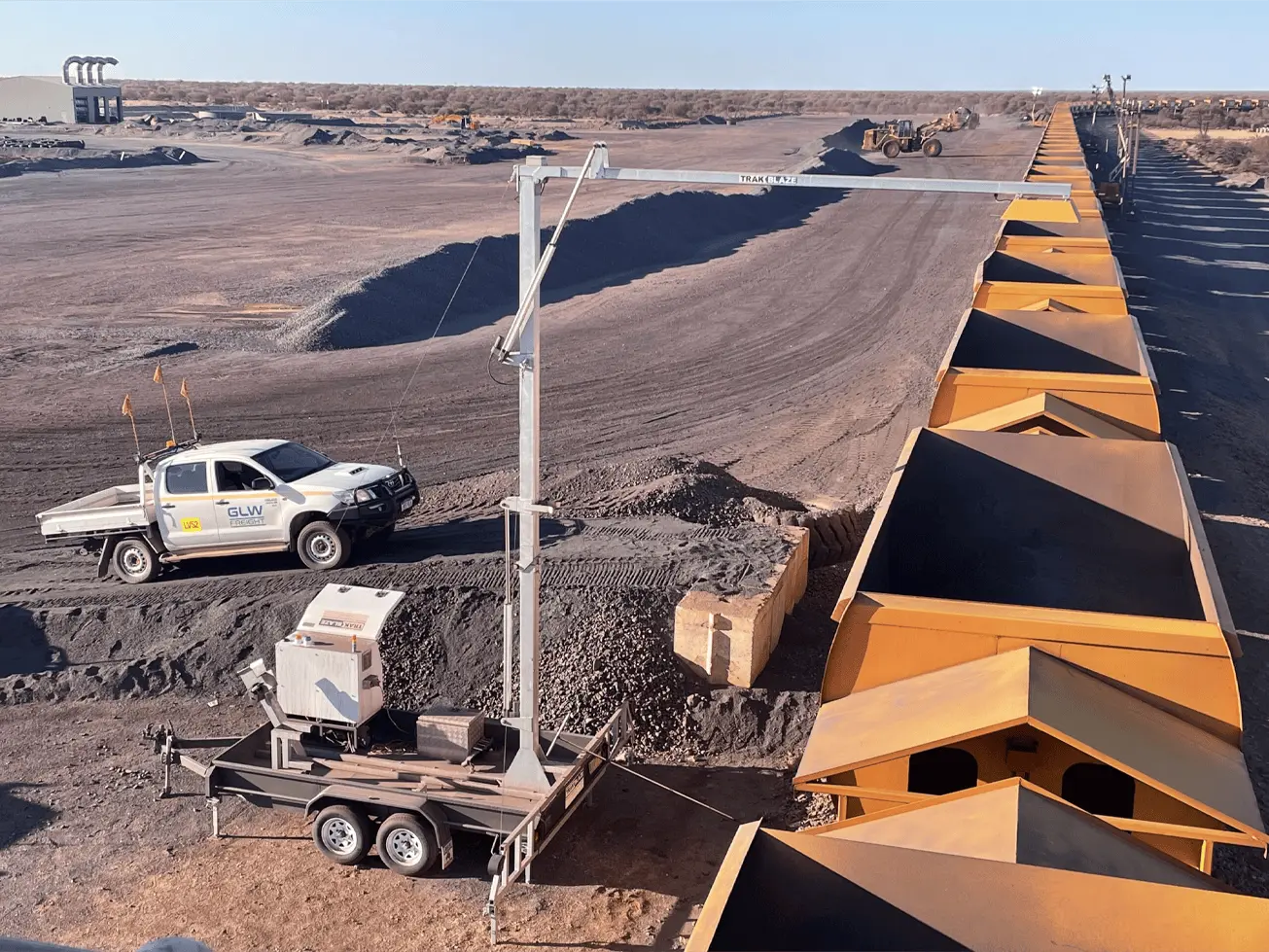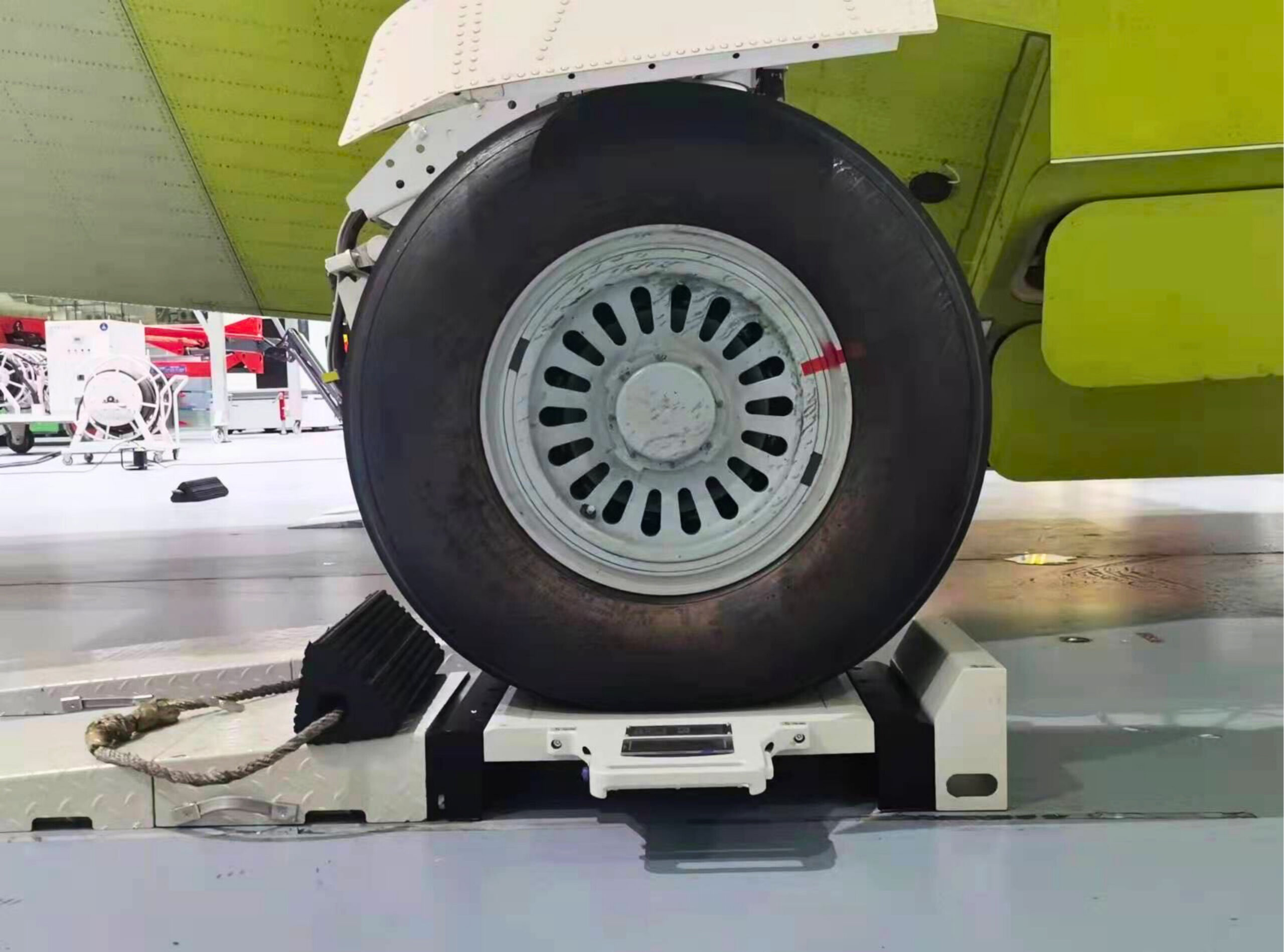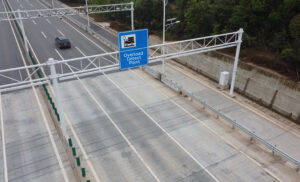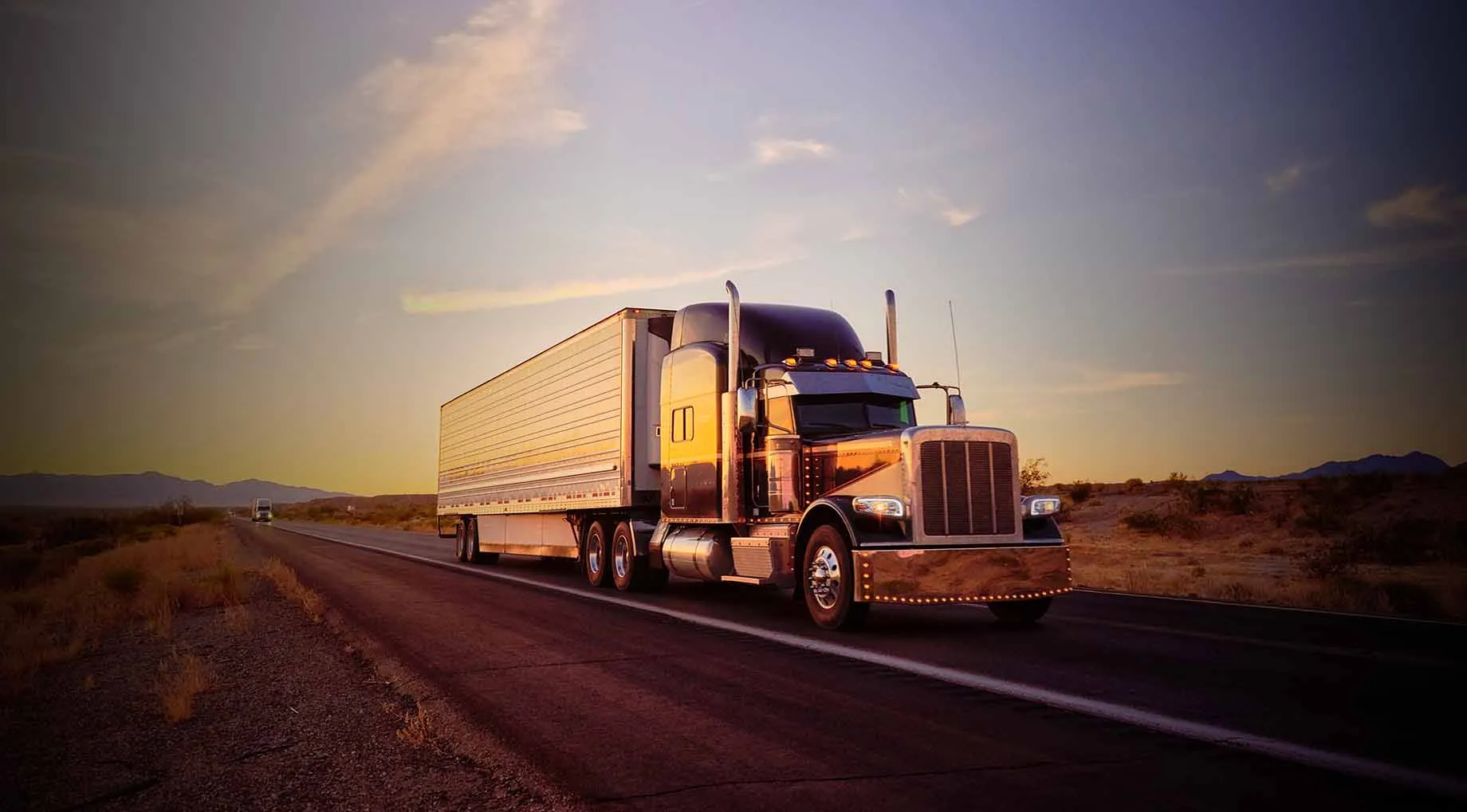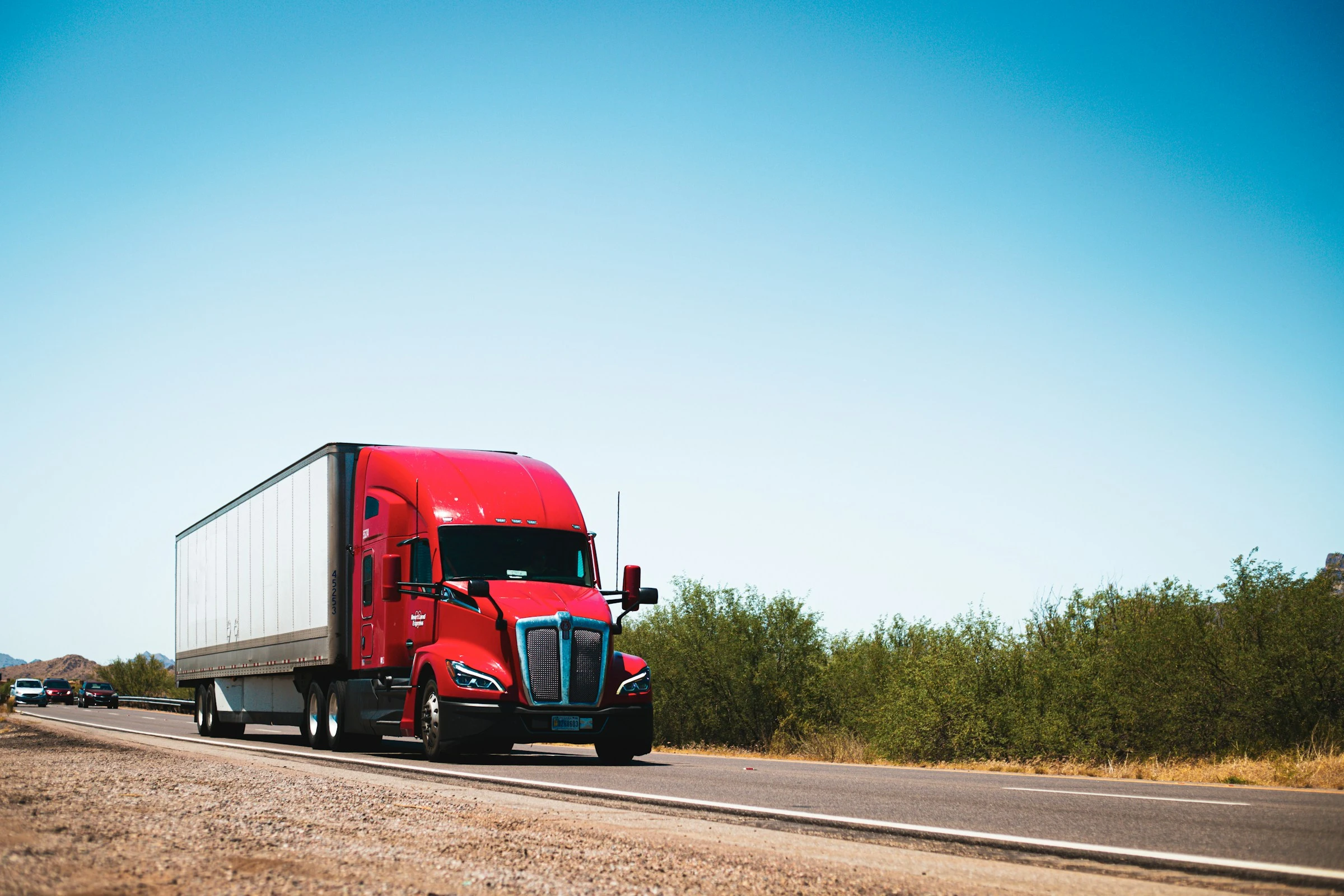At a glance
- Legal-for-trade certification is essential for ensuring accurate and compliant weighing systems in rail freight.
- The certification process in Australia requires NMI-approved pattern approval, verification by licensed technicians, and clear marking on equipment.
- Using certified weighbridges enhances reliability, boosts a business’s reputation, avoids penalties, and ensures competitive fairness.
- Trakblaze offers a certified INFINITY – Low/High Speed Train Weighbridge for compliant weighing.
When it comes to choosing a weighing system, many businesses understandably focus on performance specs like capacity, automation features, and durability. However, one critical factor that often gets pushed aside is legal-for-trade certification.
This certification is equally important, and overlooking this requirement can lead to serious consequences, including regulatory penalties, invalidated transactions, customer disputes, and long-term reputational damage.
If you’re exploring weighbridges and scales, this guide covers all the essentials, from what these legal-for-trade weighing systems are to the legal requirements in Australia, why certification is so important, and what to look for in a compliant system.
What Does Legal-for-Trade Weighing Systems Mean?
A legal-for-trade weighing system refers to a scale or weighbridge that has been officially certified for use in commercial transactions where goods are bought or sold by weight. This certification, typically issued by a government-approved body, verifies that the equipment complies with strict standards for accuracy, reliability, and security.
Legal-for-trade status ensures that all weight measurements used in commerce are fair, consistent, and trustworthy. It protects both businesses and customers by ensuring full compliance with trade regulations.
Legal Requirements for Legal-for-Trade Weighing Instruments in Australia
In Australia, the use of NMI-approved weighing systems for businesses is strictly regulated under the National Measurement Act 1960 and the National Trade Measurement Regulations 2009. These legal requirements apply to any weighing instrument used to determine the price of goods or services in commercial transactions, such as weighbridges, platform scales, and shop scales.
The key requirements are as follows:
1. Certification (Pattern Approval by NMI)
Before a weighing instrument can be legally used in commerce, it must obtain a Pattern Approval Certificate from the National Measurement Institute (NMI). This certification confirms that the model meets Australia’s technical and performance standards for trade use.
2. Verification by Licensed Technicians
Once installed, the equipment must undergo initial verification on-site by a servicing licensee authorised by the NMI. This step ensures that the specific unit performs correctly under real trade conditions. Only NMI-licensed technicians or certified metrological institutes are permitted to carry out this verification.
3. Marking and Identification
In this step, approved weighing instruments are marked with a compliance mark or certificate number. The weighing system must display a valid verification mark, including the NMI’s pattern approval number and the servicing licensee’s ID, if applicable. This signifies that the device is legally approved and compliant with trade regulations.
4. Ongoing Compliance Requirements
Even after initial verification and identification, businesses must ensure their weighing instruments remain compliant over time. This includes routine maintenance, periodic checks for accuracy, and re-verification if the instrument is repaired, relocated, or suspected to be inaccurate.
Why Is Legal-for-Trade Certification Important?
Legal-for-Trade Certification is important as businesses could face serious penalties for using non-compliant scales in Australia, among other issues. Let’s take a close look at its significance below.
Ensure Compliance and Avoid Penalties
In Australia, it is a legal requirement to use NMI-approved weighing systems for any commercial transaction where goods are sold by weight. This includes train weighbridges used to calculate freight weights for billing or regulatory reporting. The National Measurement Institute (NMI) conducts regular audits and inspections to ensure businesses remain compliant.
Using non-approved or unverified equipment is a direct violation of the National Measurement Act 1960. It can expose your business to serious consequences such as hefty fines, invalidated transactions, or worse, disruption of business operations. More importantly, an NMI certificate on your weighing system serves as proof of compliance with government inspections, audits, and client transparency.
Therefore, choosing legal-for-trade certified weighing systems helps ensure a business avoids unexpected penalties and maintains its license to trade. Trakblaze’s INFINITY – Low/High Speed Train Weighbridge is a certified train weighbridge optimised for dynamic rail operations at both low and high speeds.
Enhanced Reliability
In dynamic environments like high-speed or in-motion train weighing, even small errors can add up significantly, especially when calculating the cost of bulk commodities like coal, grain, or minerals. In such scenarios, weight disputes between rail freight providers and customers can often arise when goods are priced based on weight, and the measurement method is unverifiable or non-compliant.
However, using legal-for-trade certified weighbridges eliminates these risks by ensuring that every reading meets strict accuracy standards approved by the National Measurement Institute (NMI). In fact, by providing accurate and verifiable weight data, businesses send a clear message that they value transparency and fairness.
Eventually, these benefits of legal trade certification for scales can help improve the overall customer experience and boost credibility, reducing the likelihood of disputes. Your customers will also be more likely to return and recommend your service, contributing to long-term profitability.
Protect Your Business Reputation
A strong reputation is one of a business’s most valuable assets. Using uncertified or inaccurate weighing systems can be seen as negligent or even dishonest, leading to a loss of trust among stakeholders.
In contrast, having a certified legal professional for trade weighbridge positions your business as transparent, accountable, and compliant, which strengthens your brand in a competitive marketplace. This is particularly important for large-scale freight operators working with international or government clients, who often mandate certified systems as part of their procurement standards.
If your train weighbridge carries NMI certification and a verification mark, it instantly reassures customers, regulators, and auditors that your business is committed to doing things right. This can serve as a competitive advantage in winning contracts or retaining long-term clients.
Ensures Competitive Fairness
Legal-for-trade certification helps keep things fair for everyone in the rail freight industry. It ensures that all businesses follow the same rules when weighing goods, so no one can cheat by using inaccurate or uncertified equipment.
This fairness is especially important for businesses trading across different states or industries. Since NMI-approved weighbridges are recognised Australia-wide, buyers and sellers can work together confidently, knowing they’re all playing by the same rules.
Key Considerations When Choosing a Legal-for-Trade Weighing System
- Ensure NMI Pattern Approval: Firstly, check whether the system has received Pattern Approval from Australia’s National Measurement Institute (NMI).
- Fit for Purpose: Choose a system based on what type of trains you’ll be weighing, where it will be installed, and how often it will be used. For example, low-speed and high-speed train weighbridges serve different operational needs. Some are better suited for dynamic, in-motion weighing, while others are built for static accuracy.
- Verification and Re-verification: Legal-for-trade weighbridges must be initially verified by a licensed technician before use. However, ensure that the system allows easy access, maintenance, and calibration so it can be regularly re-verified to maintain its certification.
- Accuracy and Performance Features: Look for advanced legal-for-trade railway weighbridges that offer automated processes, digital readouts, data logging, and integration with your existing software systems.
Read More: Infinity LS or Infinity HS Weighing Systems: Which Scale Will Suit Your Business?
To conclude, choosing a legal-for-trade certified weighbridge is a legal requirement that protects your business, ensures accuracy, and builds trust.
If you want to avoid penalties and safeguard your operations, Trakblaze’s INFINITY Train Weighbridge is the solution you can rely on. Contact us today to secure a compliant, accurate, and future-ready train weighbridge.
